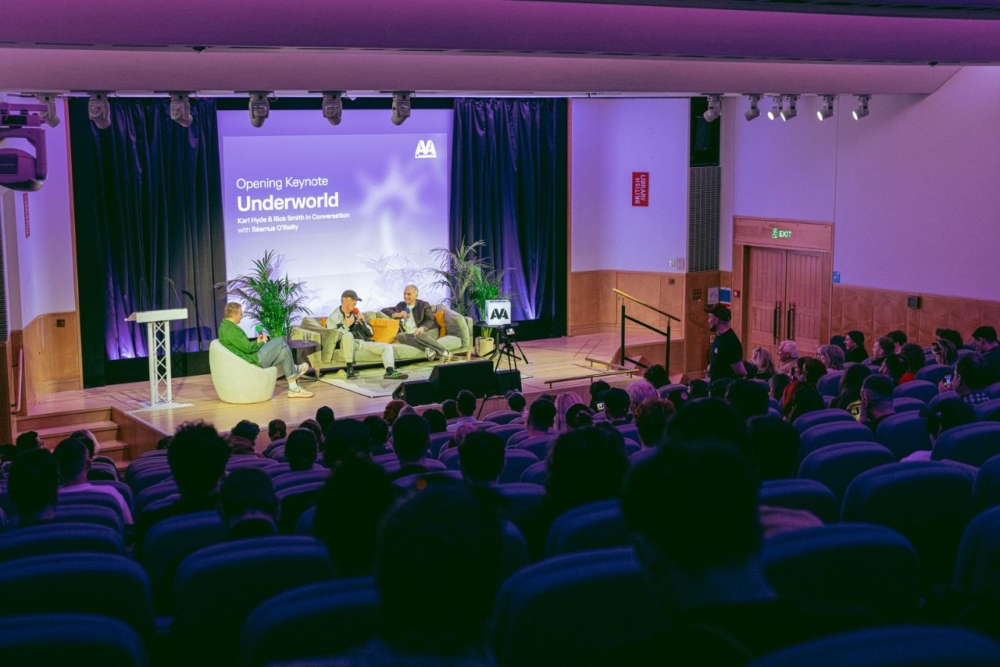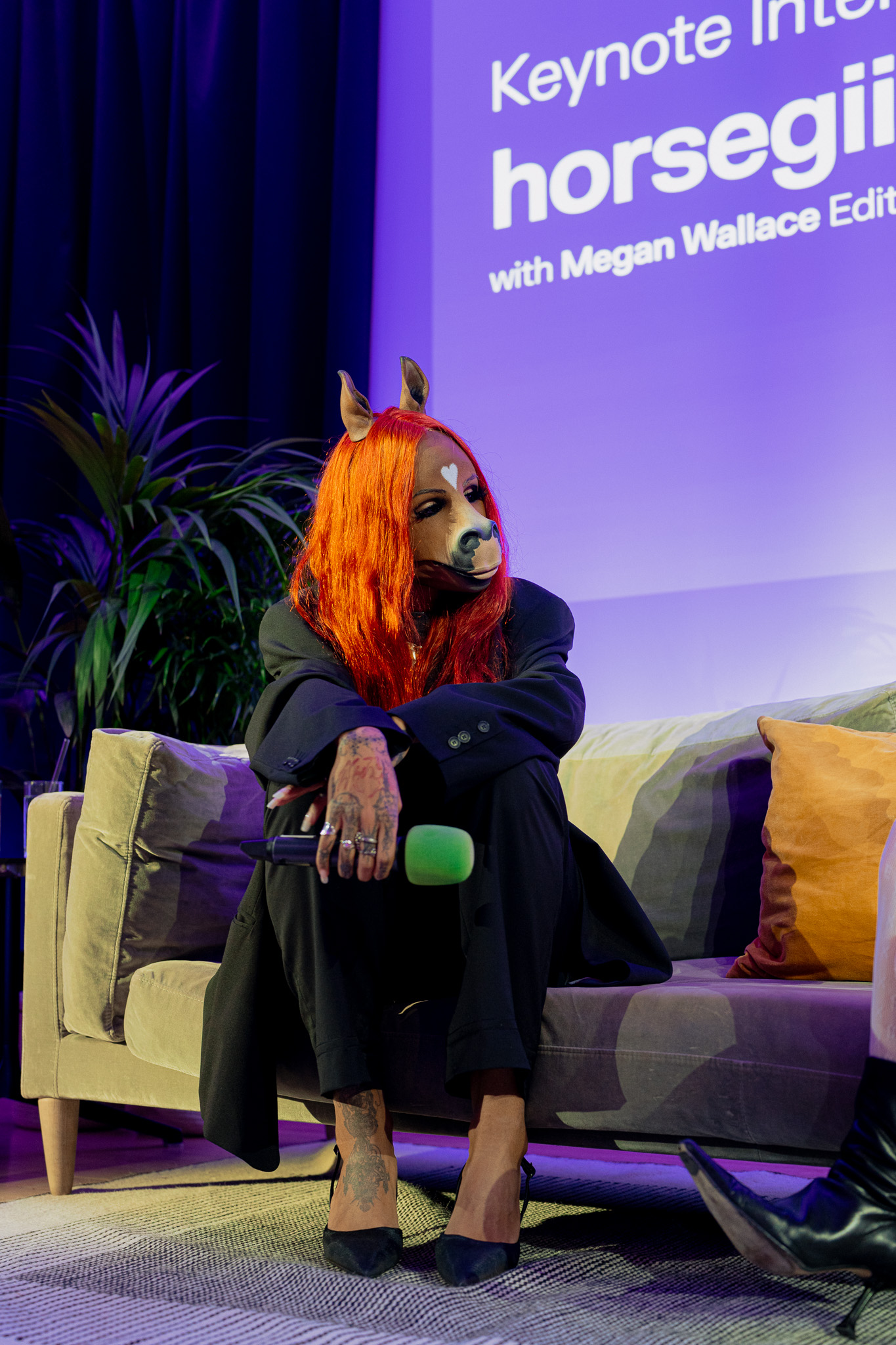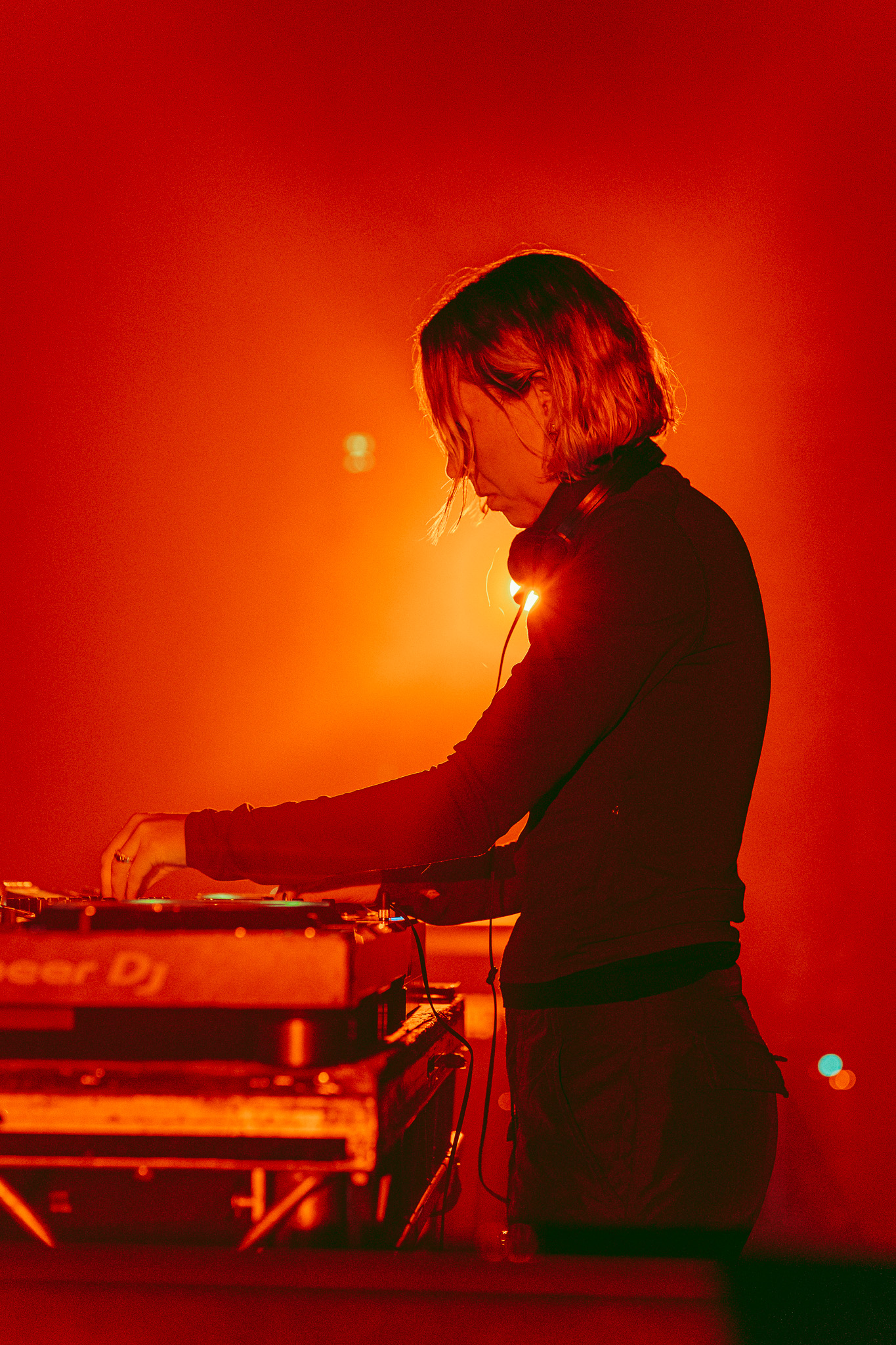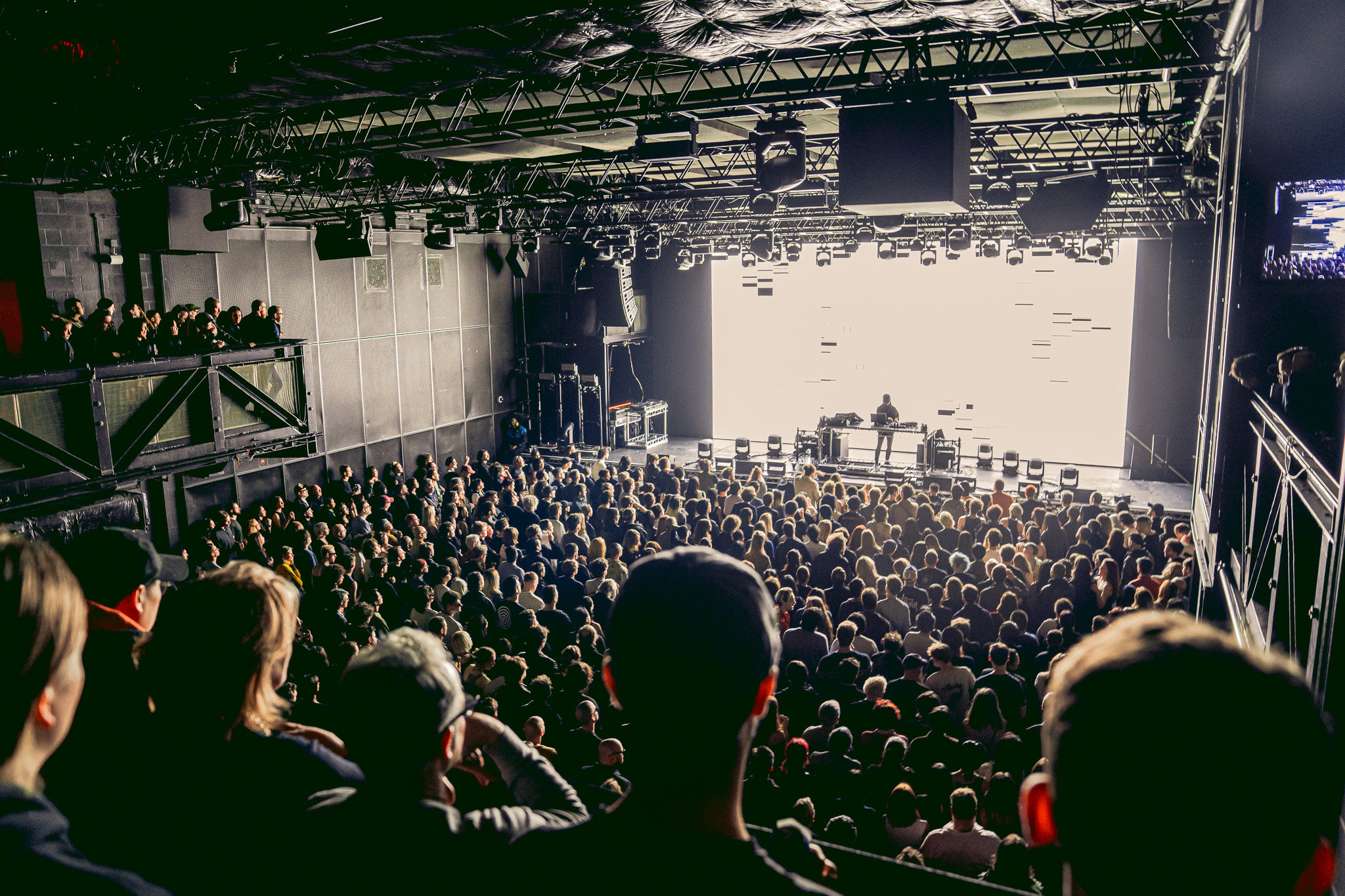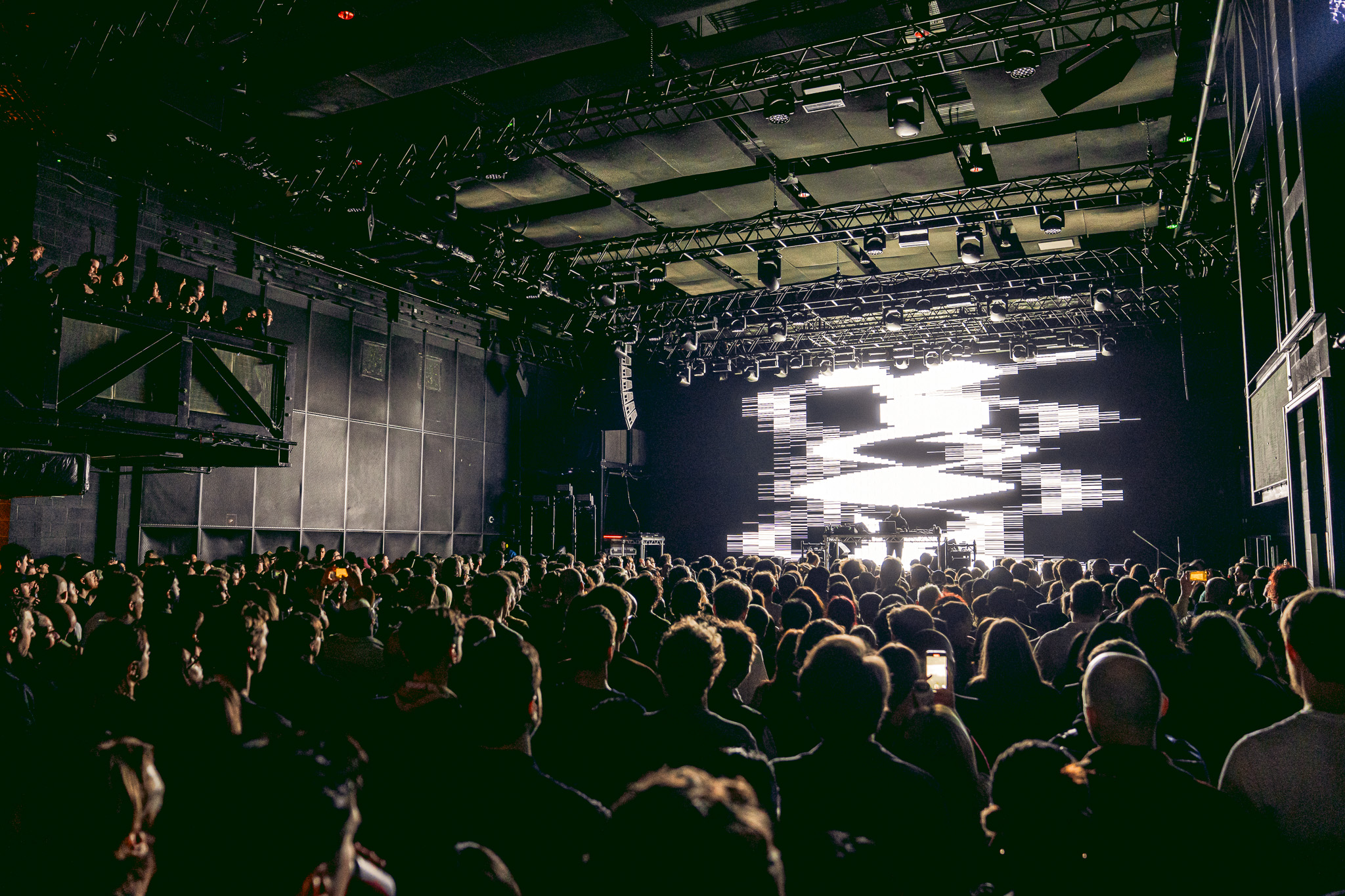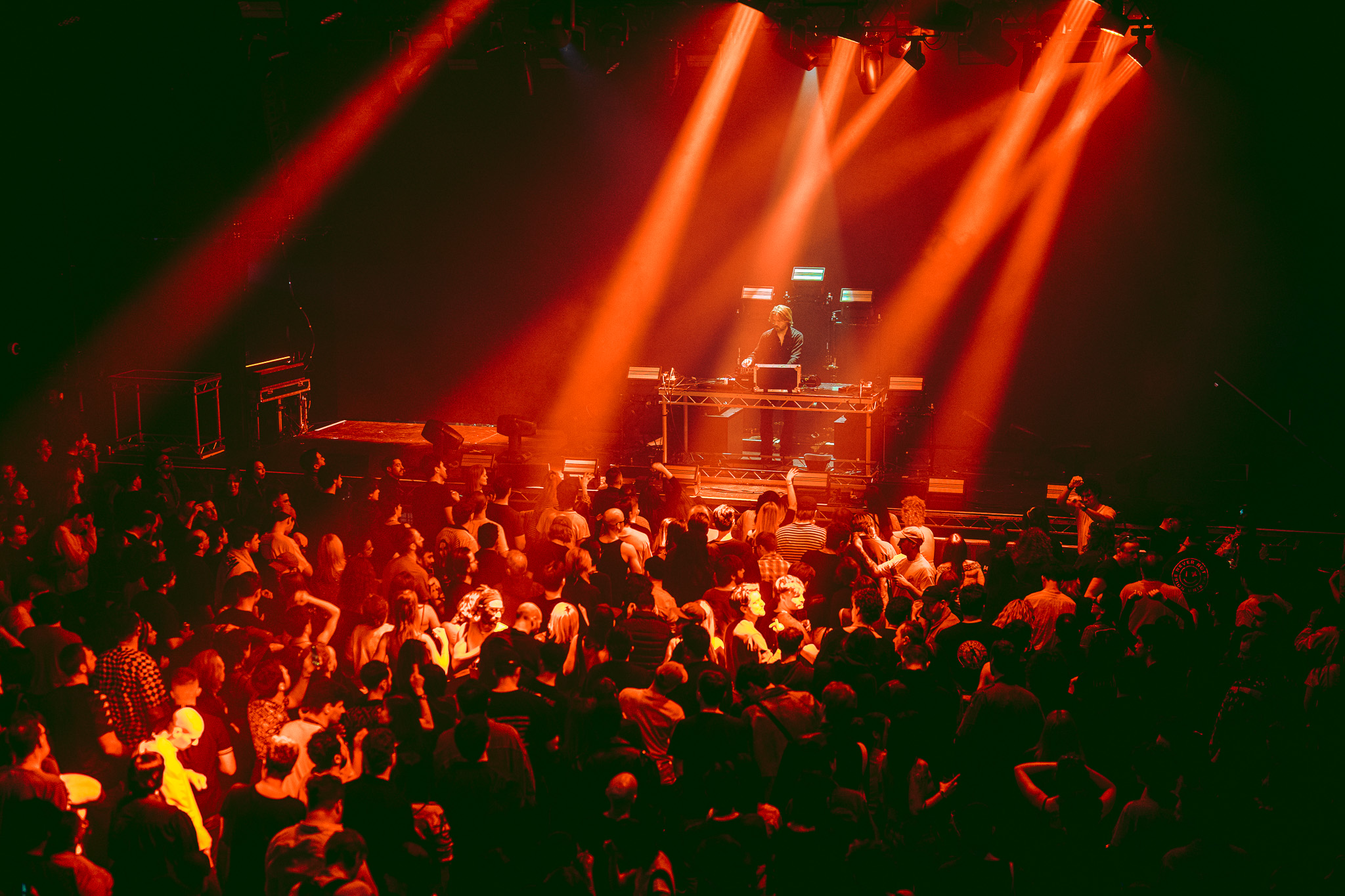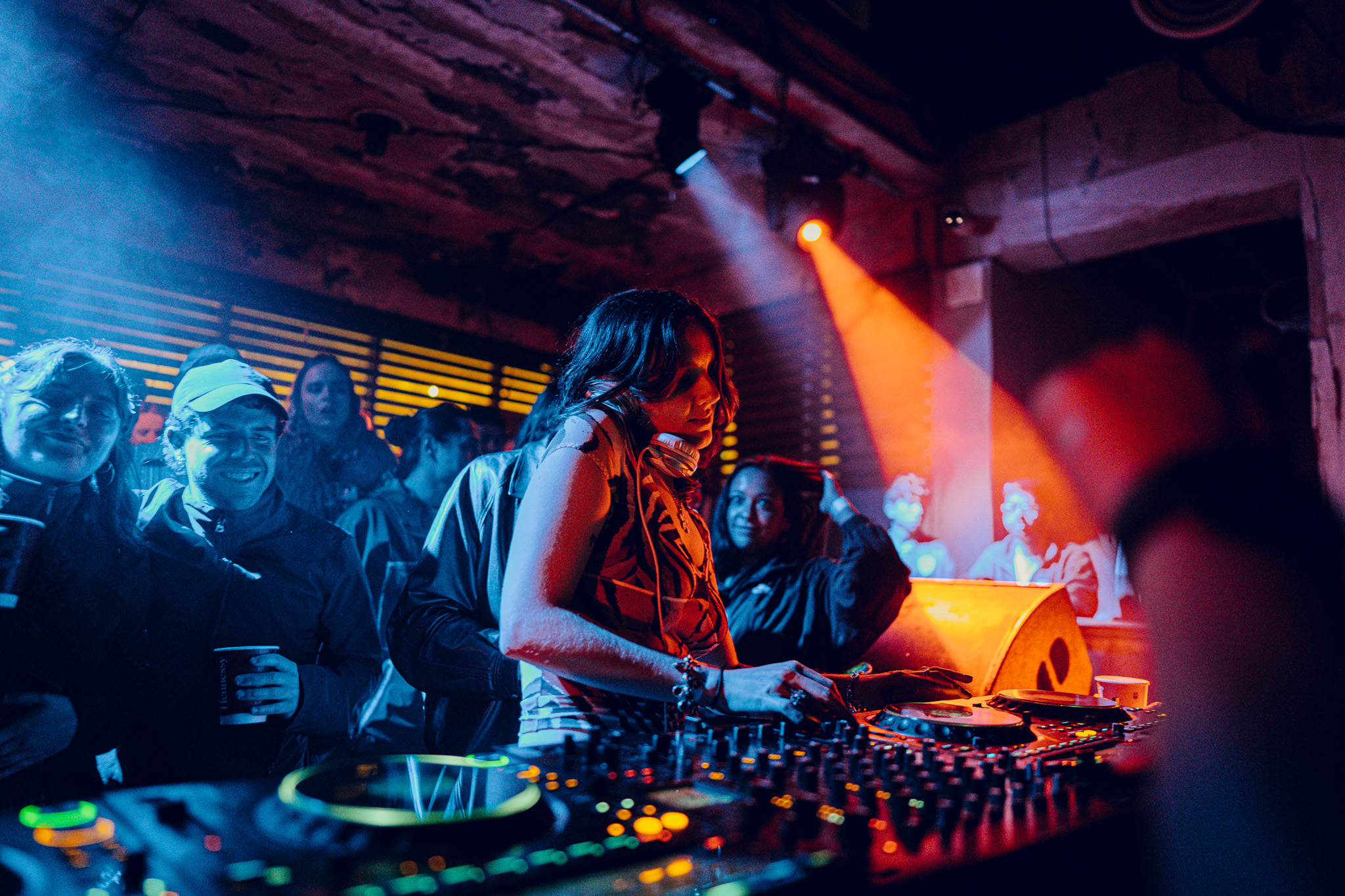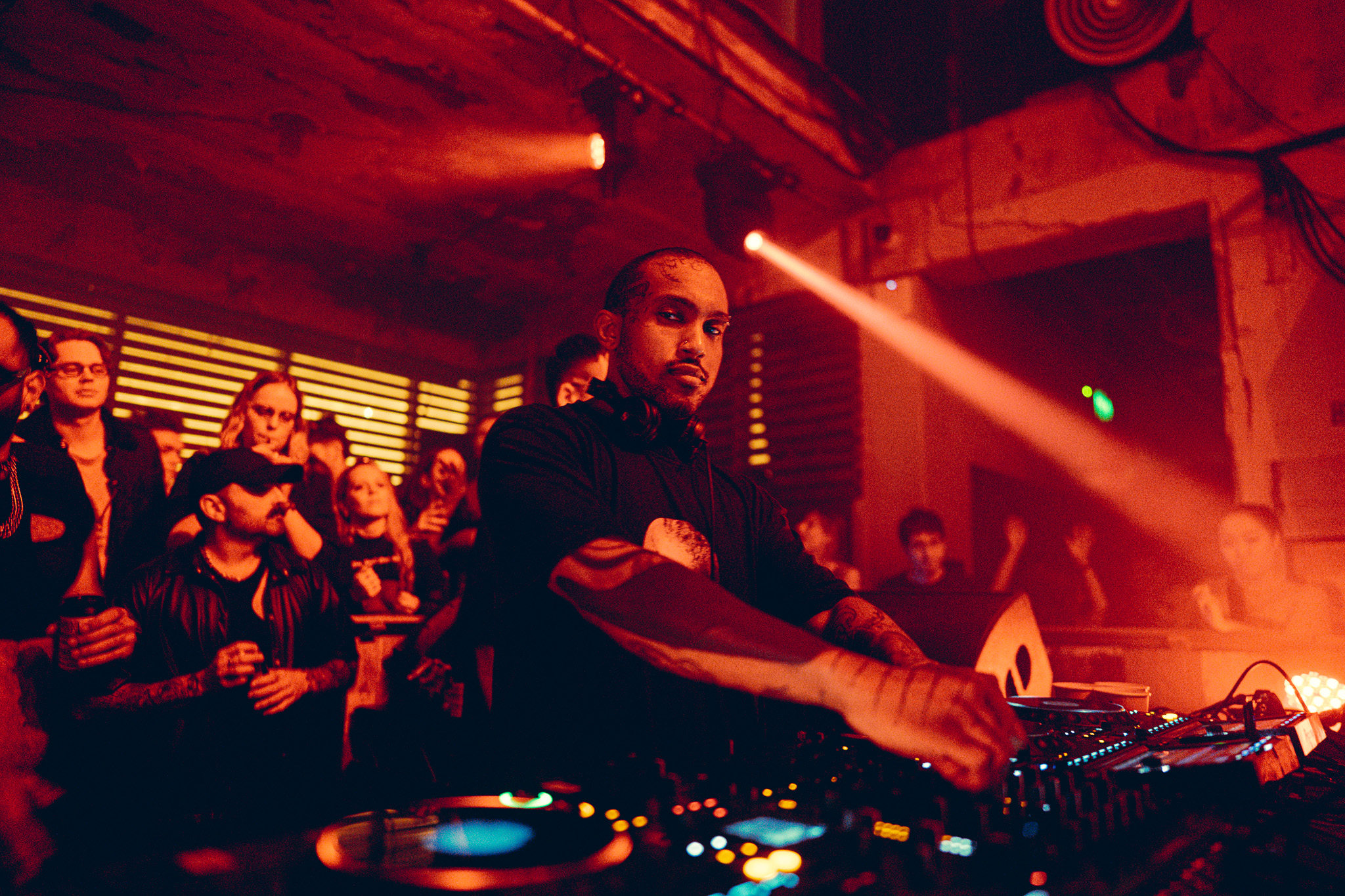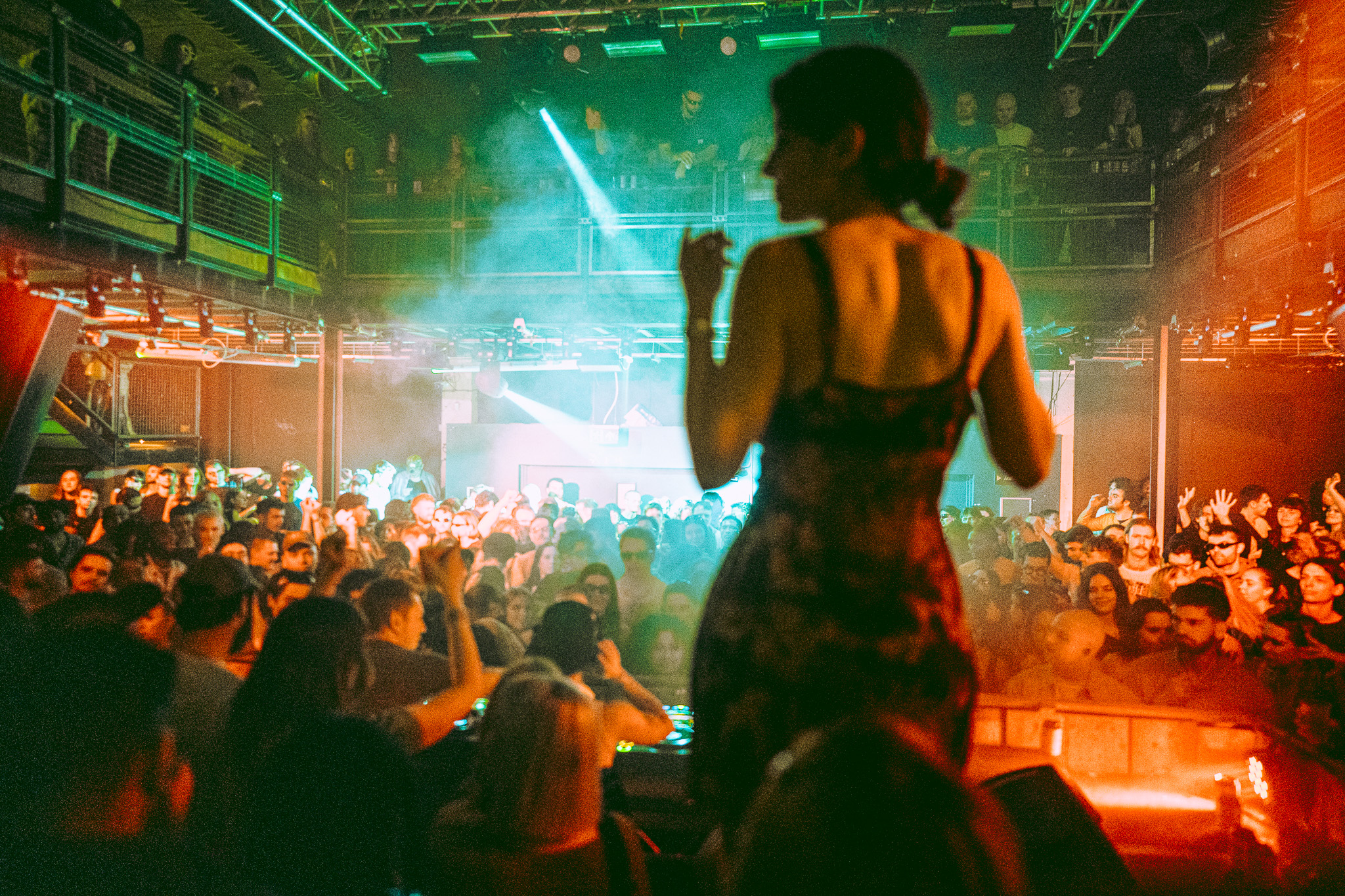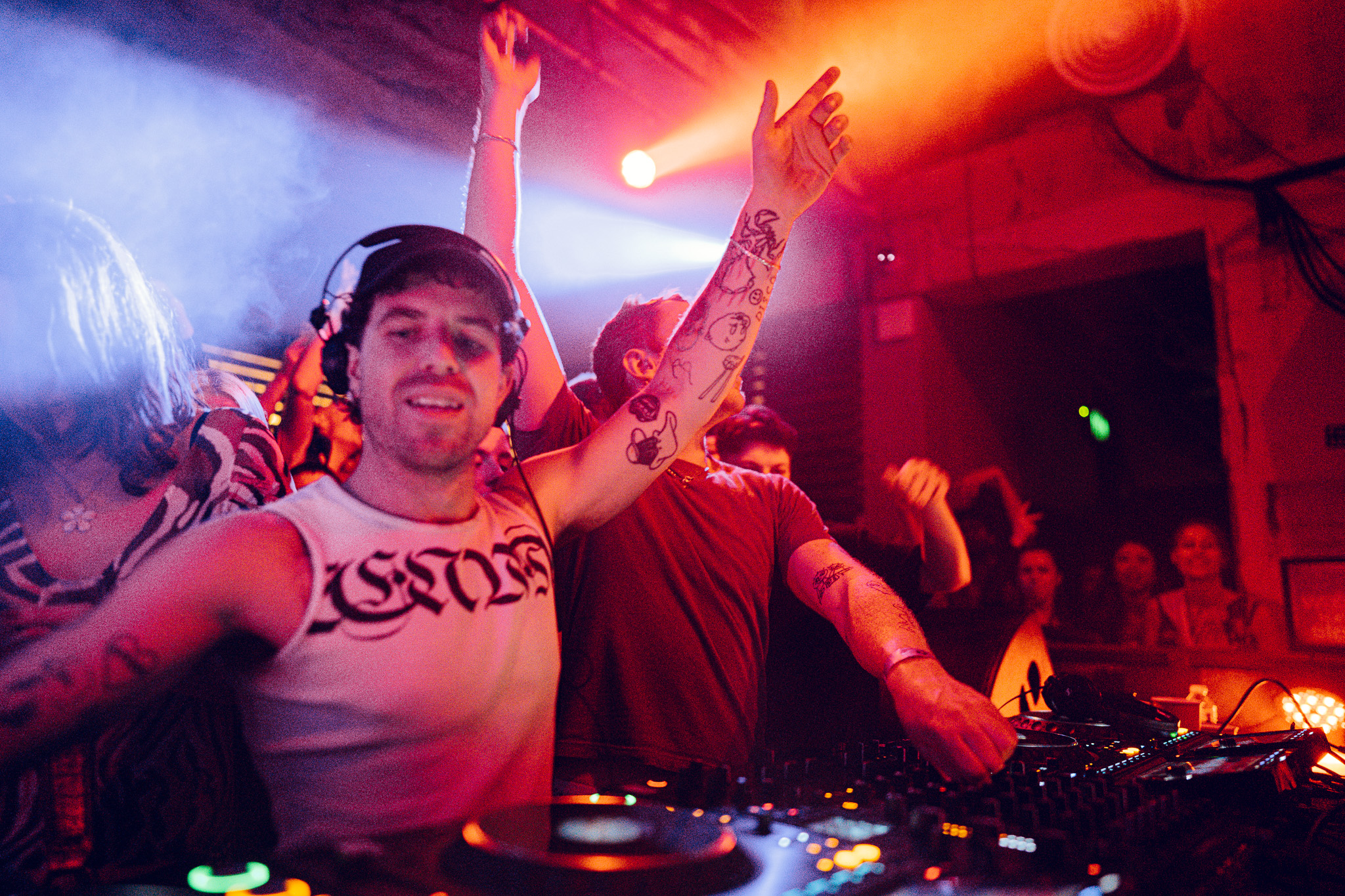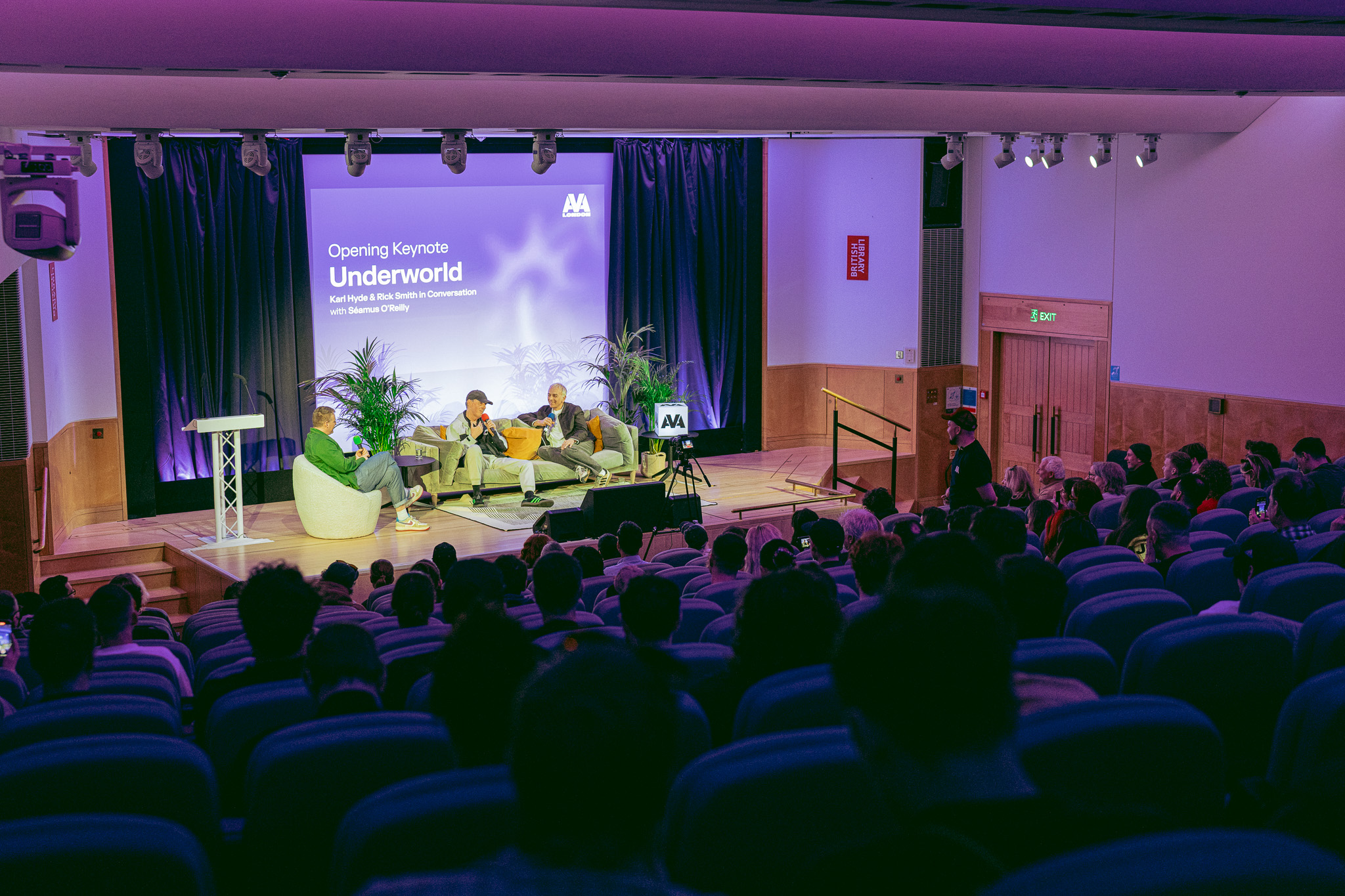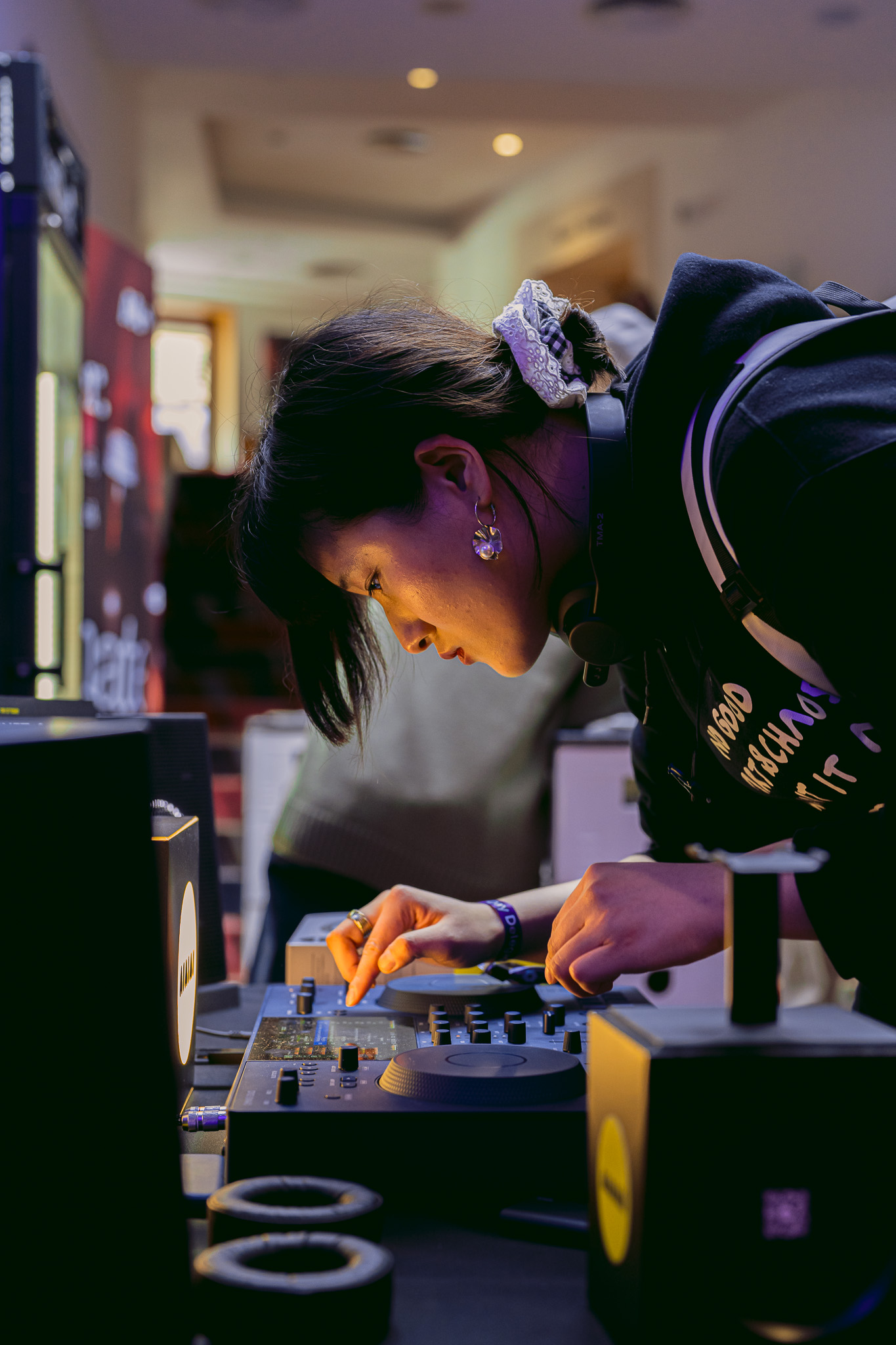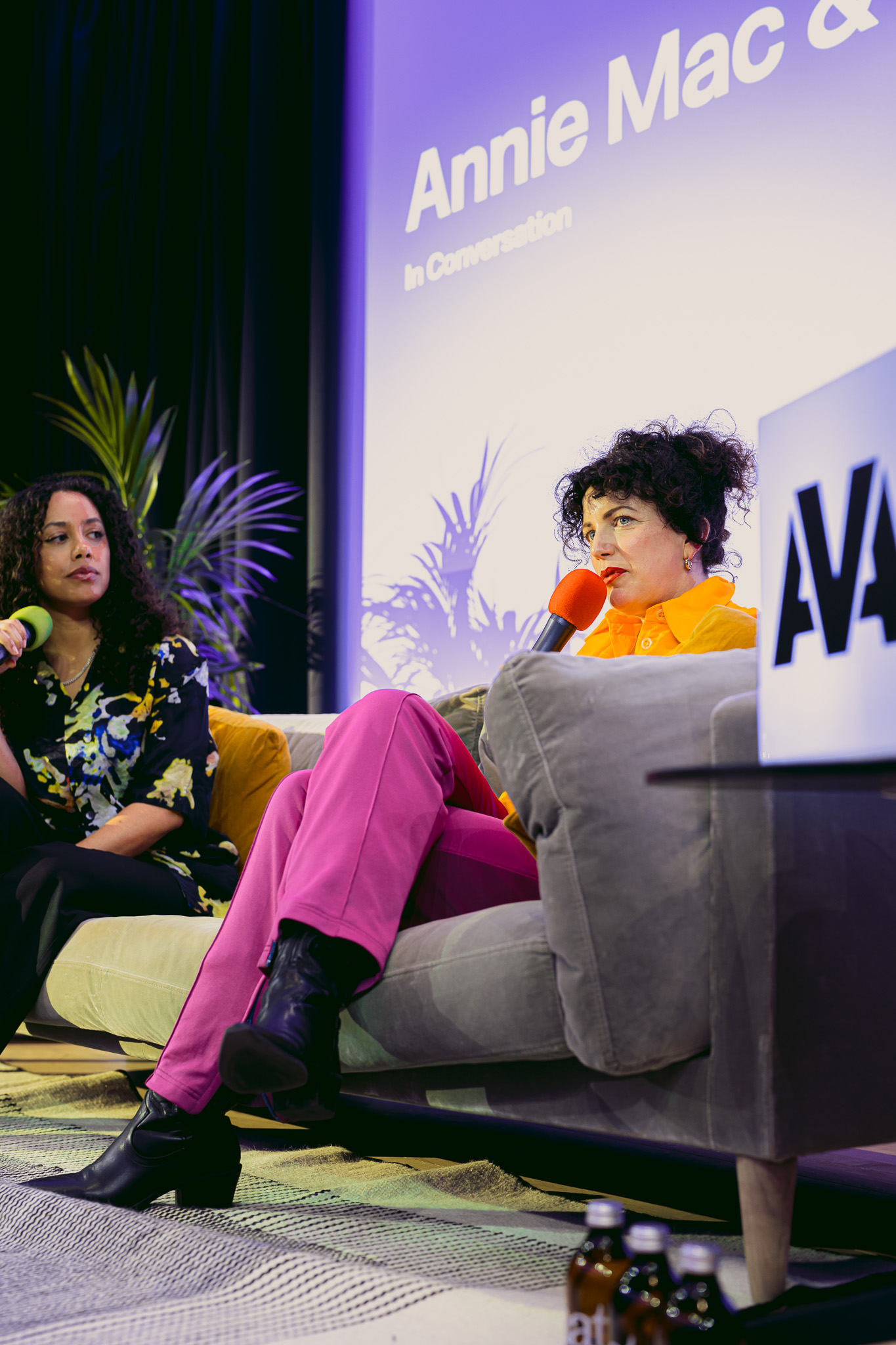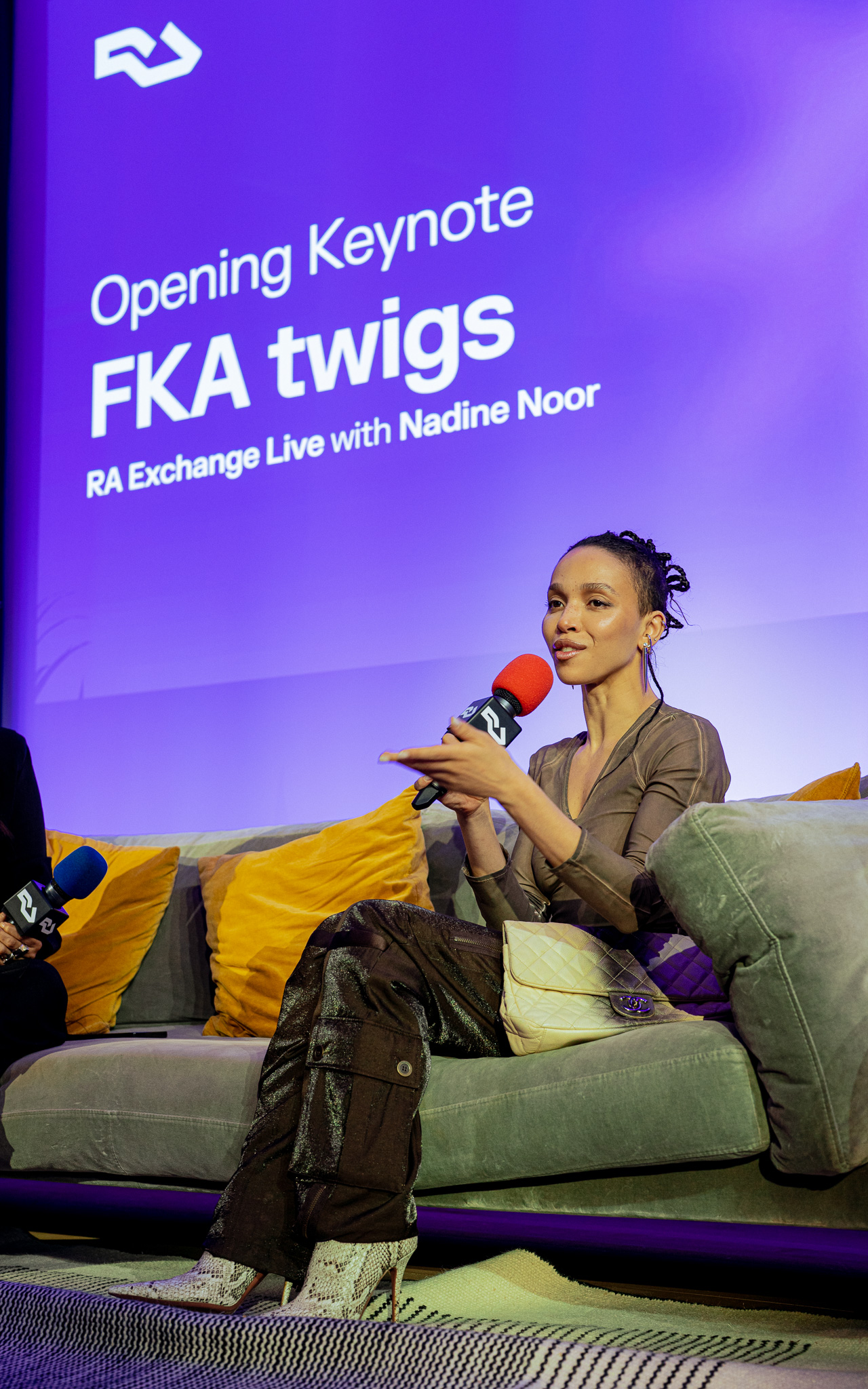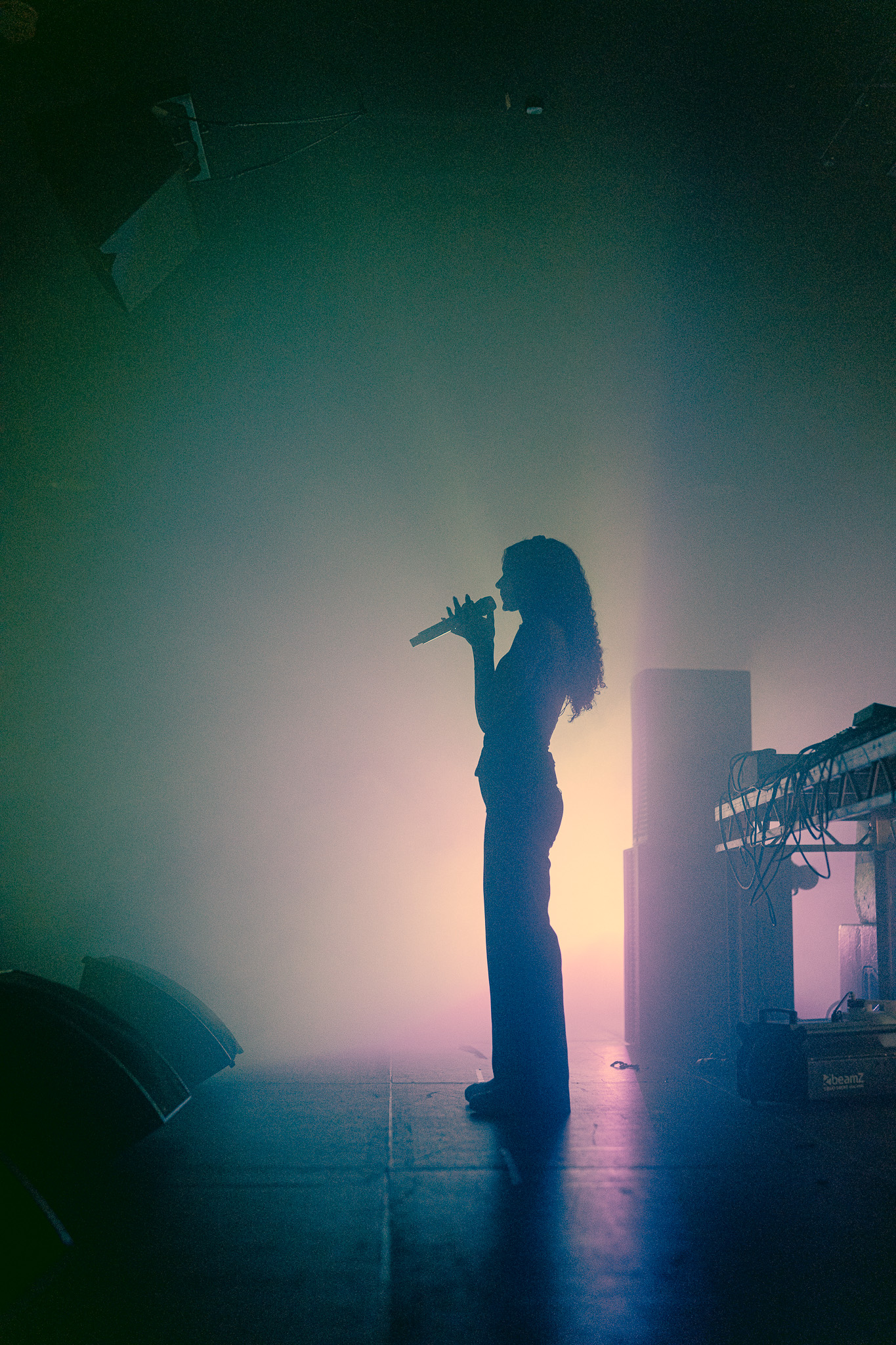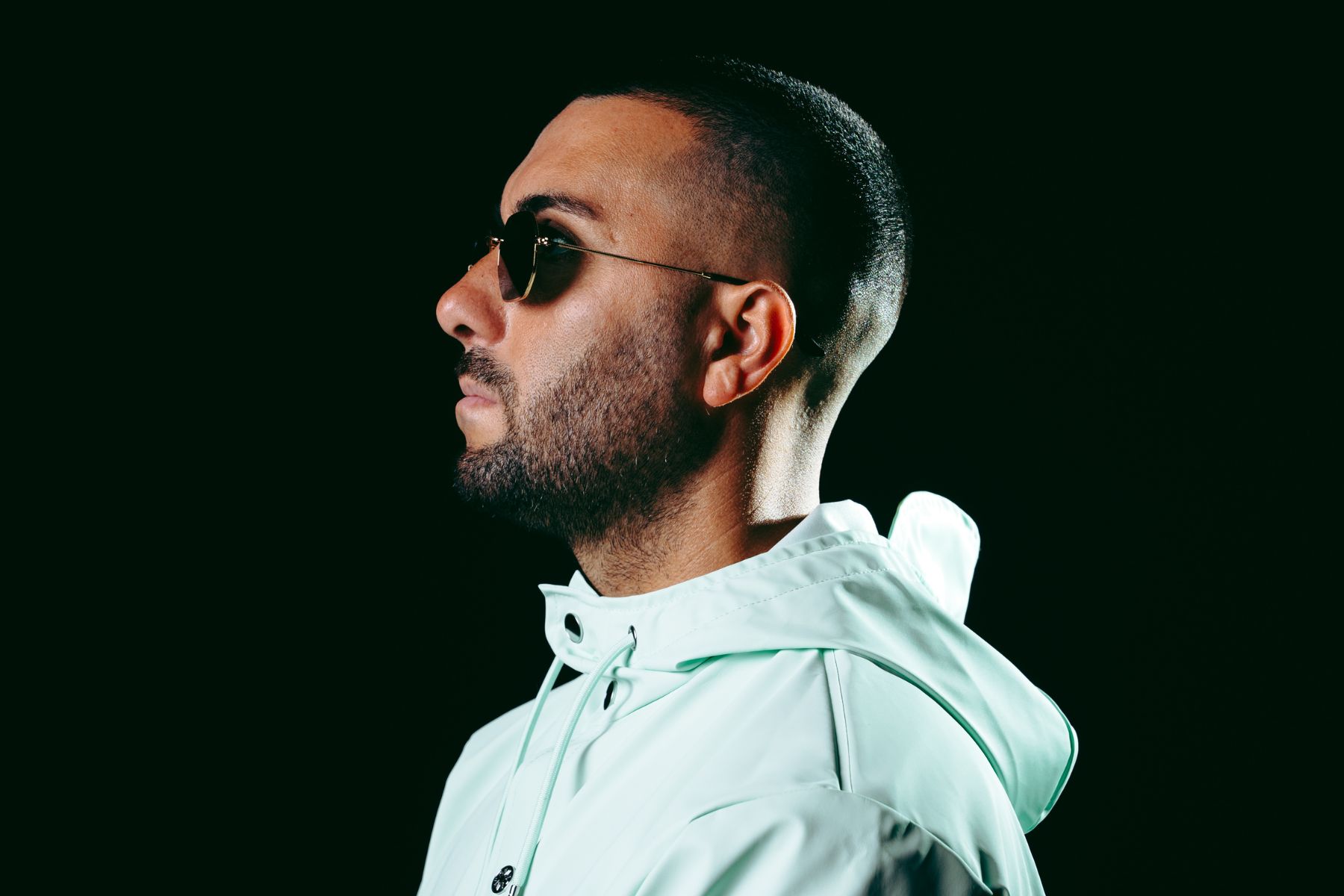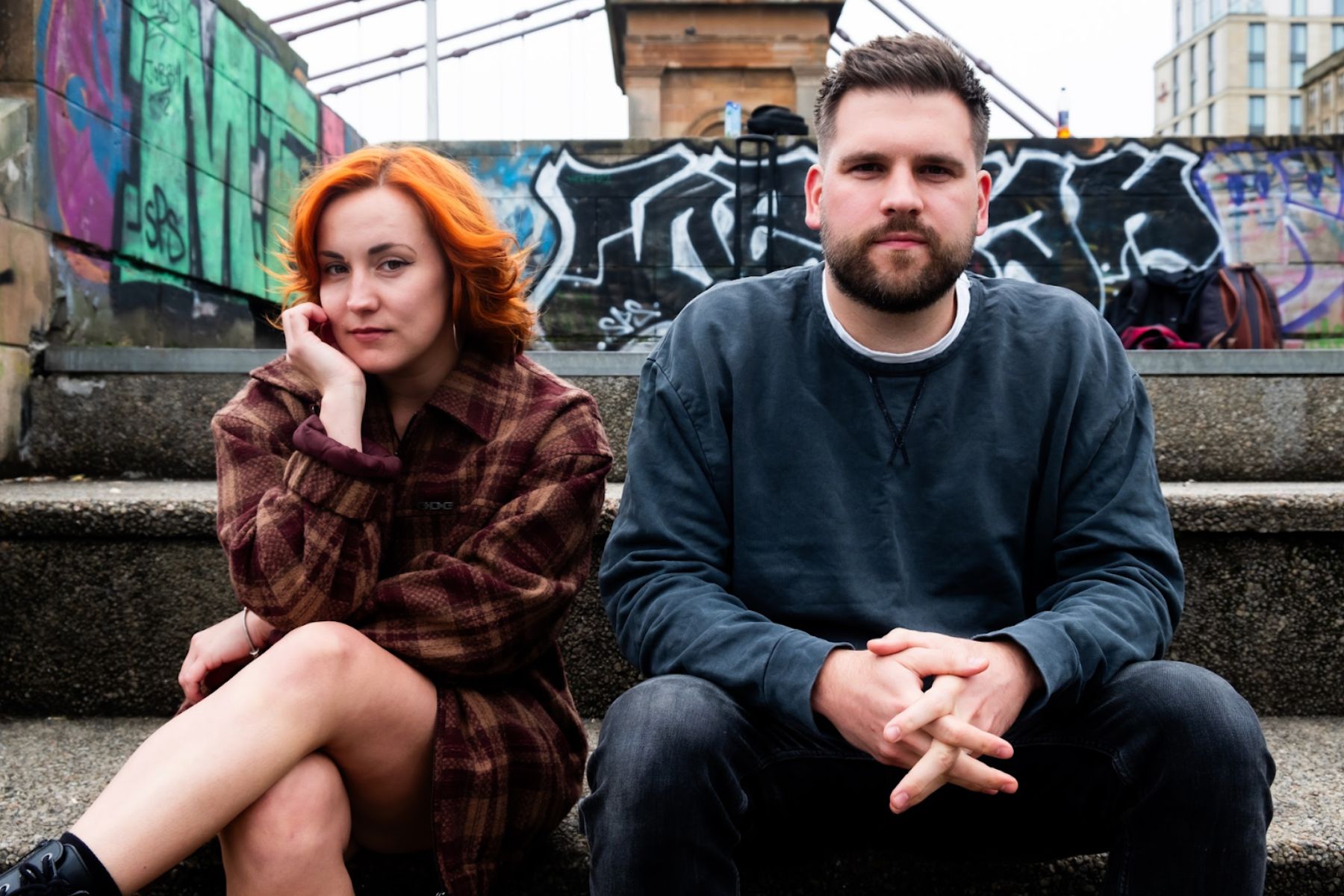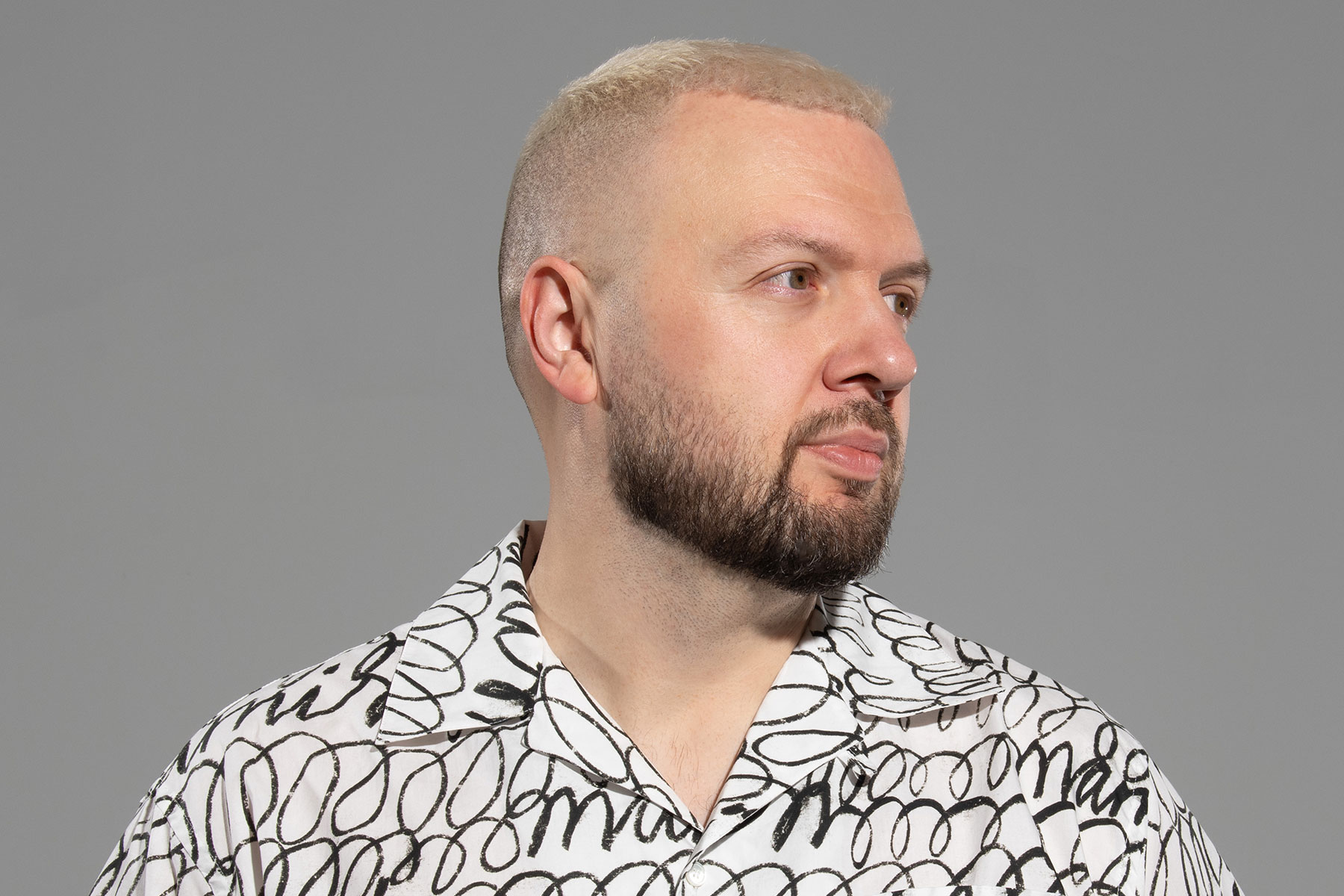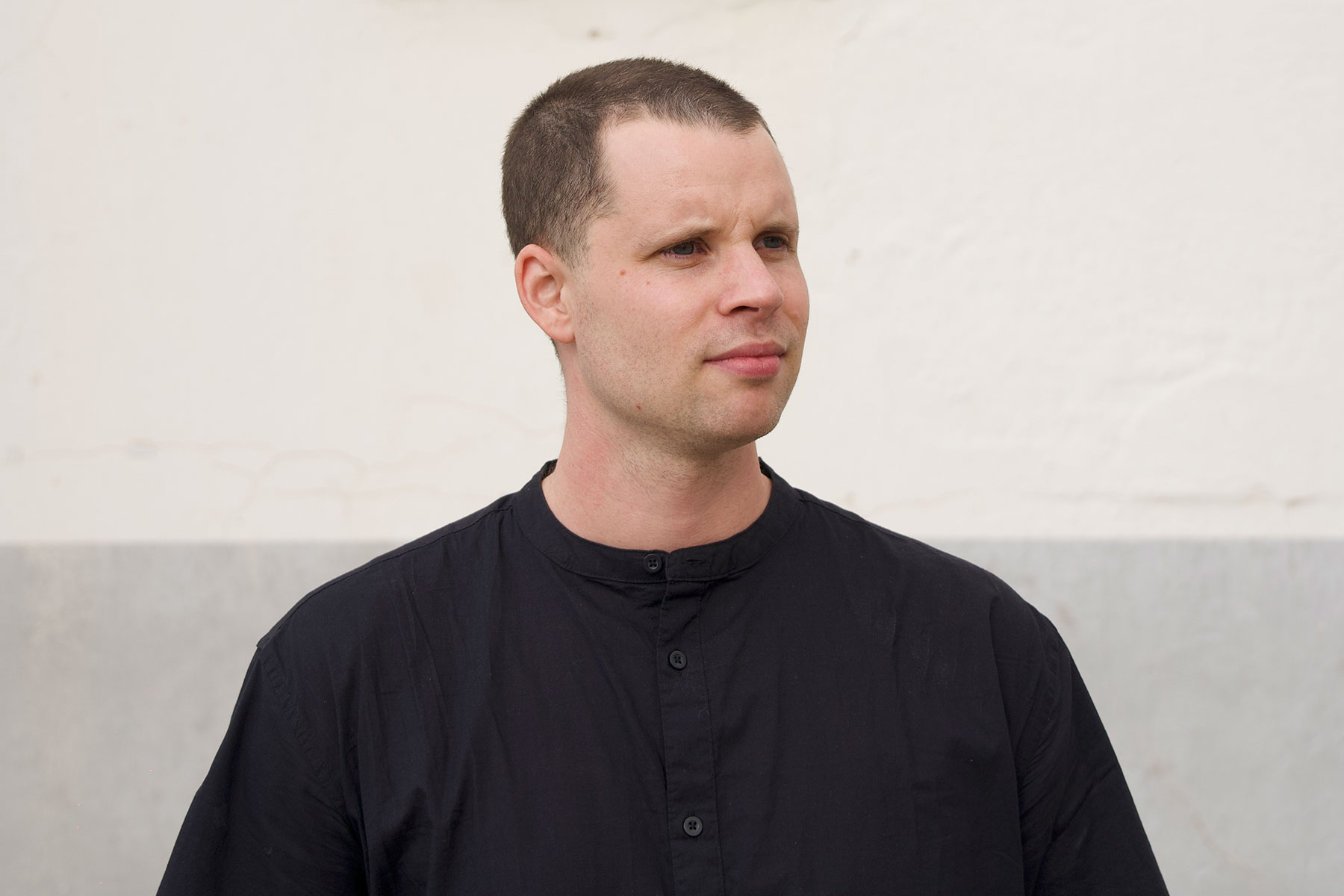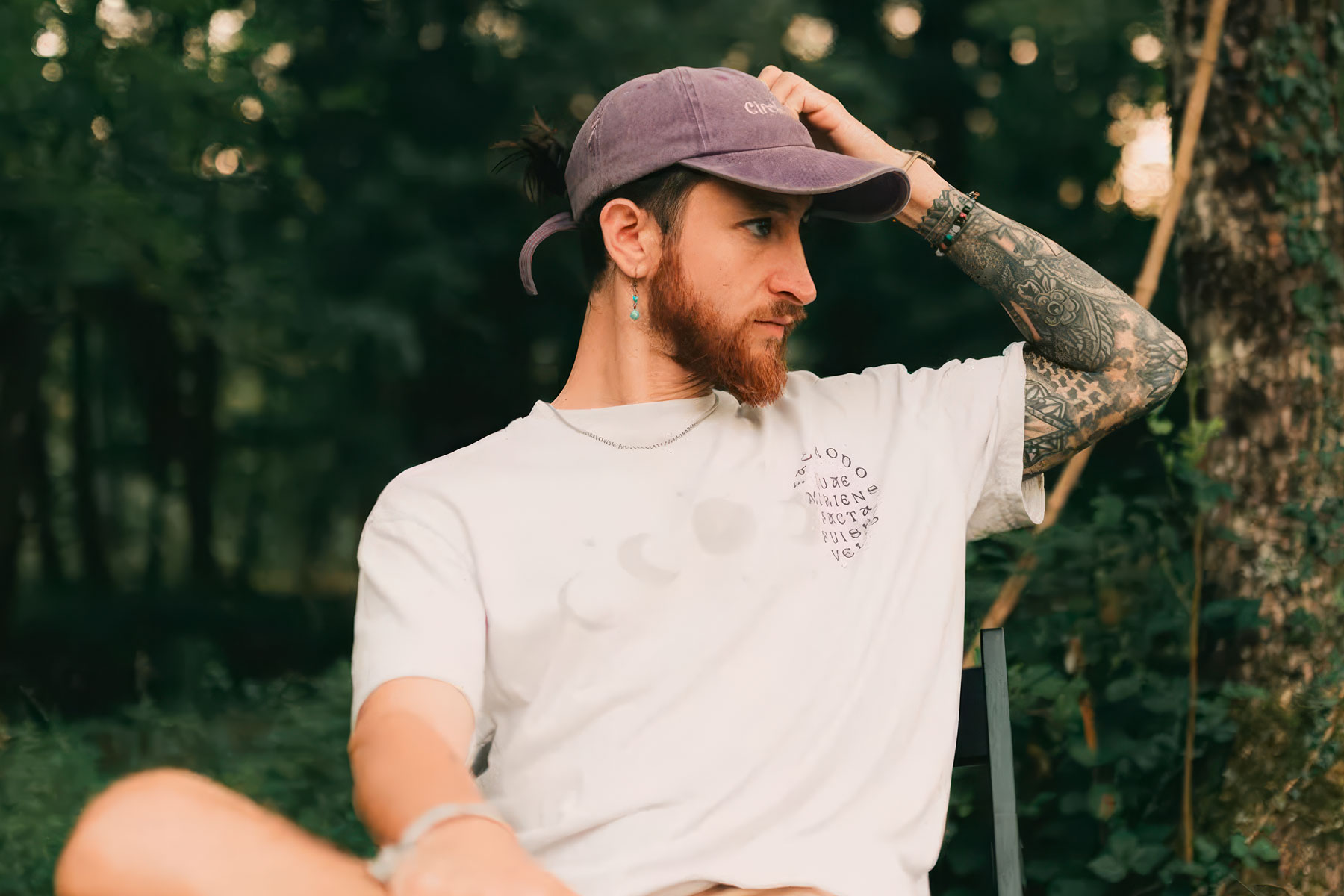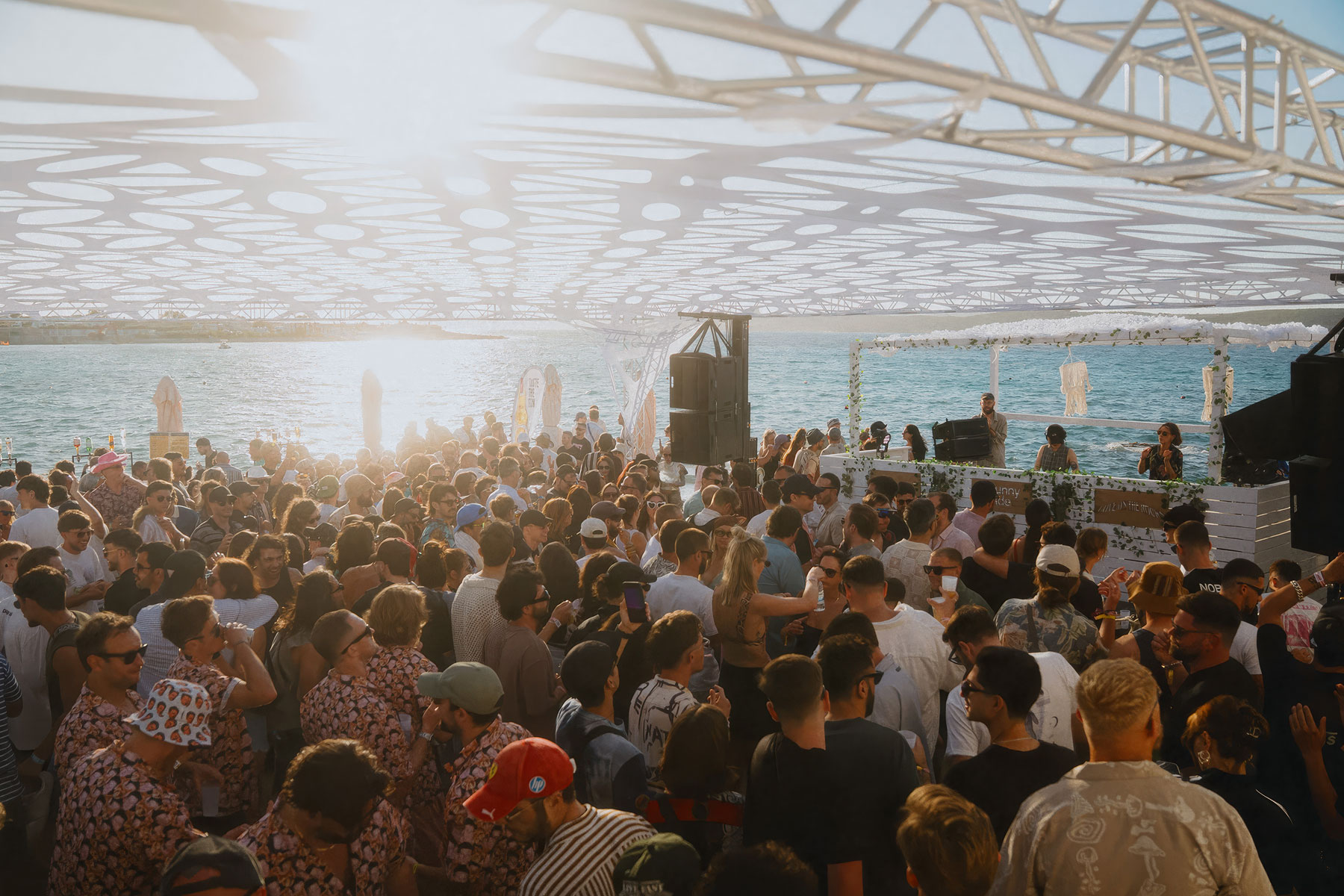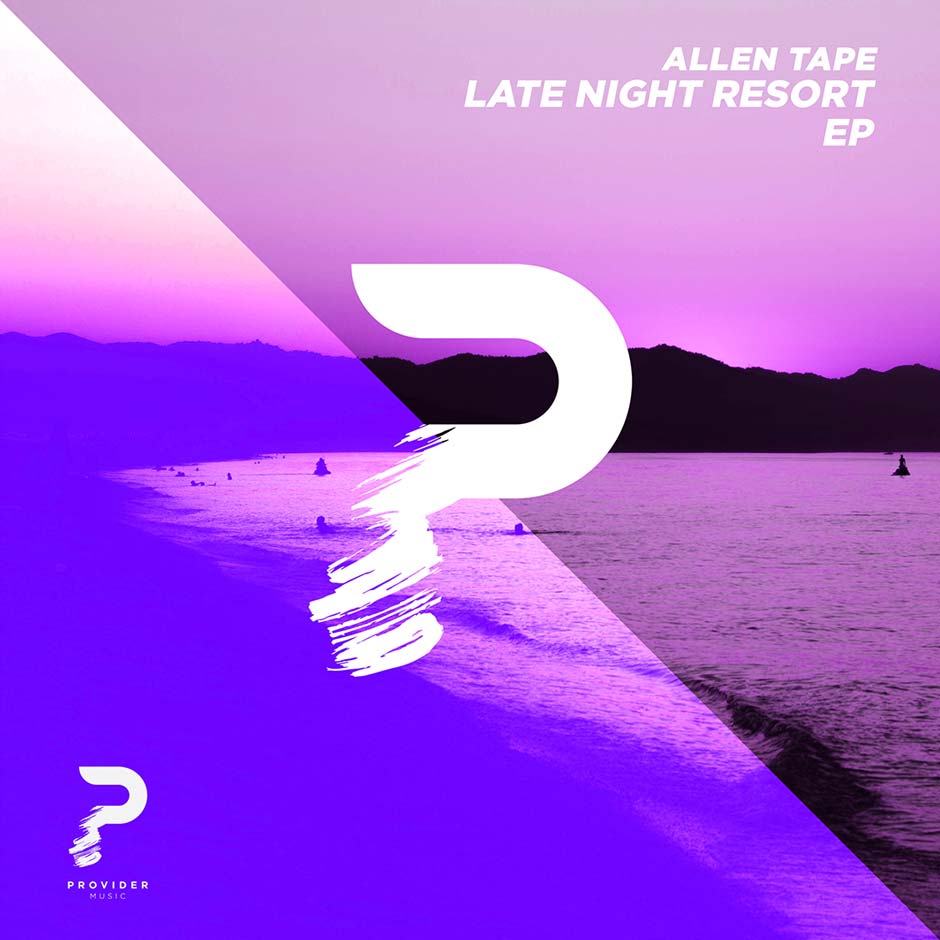AVA London Conference has long championed a mix of music, dance music culture, education, showcasing tech, as well as hosting an array of industry leaders giving insights and demos on the latest trends and tech in electronic music. As always, this event was an exhilarating blend of insights, innovations, and reflections on the evolving landscape of electronic music, technology, and cultural spaces. The panels, keynotes, and discussions offered deep dives into not only the music industry but also the cultural shifts happening within it.
The 8th edition of the AVA London Conference took place this year in the lesser-known wings of the British Library, which housed numerous conferences and panels between March 20th and 21st, 2025. The evening portion of the events were held in the central London hub, The Outernet, Hackney’s east-end, EartH, and the relocated east London super club The Cause. The action-packed schedule included prolific artists doing panels, talks, and interviews, including FKA Twigs, Annie Mac, Jayda G, Underworld, Marcel Dettman, Kojaque, Paul Wooldford, Saoirse, Jaguar, and Lorenzo Senni. From sharing artist experiences to the vision of the future of dance music and deep conversations of disappearing and reconstructing queer spaces, there was plenty of though-provoking, heart-warming, and hopeful conversations.
Simultaneously, there has been masterclasses in production held by Ski Oakenfull, from Point Black Academy, as well as NONOTAK’s Visual Arts Masterclass, and further talks held by industry leaders on how to beat burnout in the electronic music scene, how to take your brand internationally, the importance of brand partnerships and how to find these opportunities, pathways into the music industry and informative panel sessions about how to take your music ‘from the first beat to the big hit’.
Wrapping up each evening, there was a choice of a film showcase with a panel ‘Music’s Leading Role in Film,’ and a film screening of ‘In Camera’ in partnership with MUBI in the Pigott Theatre of the British Library, while in Hackney’s EartH Hall, Erika de Casier and Kojaque did a show with Mechatok producing a live show.
The Friday evening session saw a very curated performance by Ryoaji Ikeda and Marcell Dettmann, wrapping up with a live show under his concert label ‘Under My Own Shadow’. The Saturday section of the conference saw an all-night long event with X Club, LSDXOXO, Juice Romance, Body Clinic, Inside Moves, and Marion Hawkes.
There was something for everybody, whether you are starting as an electronic music DJ or producer, for music enthusiasts, or industry workers. This conference is a financially friendly alternative to the Amsterdam Dance Events, International Music Summit or Miami Music week conferences and is a recommended event to those indviduals looking to pursue electronic music as a career as over the years there has always been a good mix of industry professionals both from in front and behind the stage at this event.
Thursday morning kicked off at 11 AM with an opening keynote with the infamous dance electronic music duo Underworld members, Karl Hyde and Rick Smith. This was a heartfelt and nostalgic journey through the band’s decades-long career, telling the story of how it all started. From their humble beginnings to their collaboration on iconic tracks like ‘Born Slippy,’ both artists offered a glimpse into their creative process and personal relationship. They discussed how their collaboration has evolved over the years and how they continue to push boundaries in both music and visuals. Their passion for creating meaningful work while adapting to technological advances was truly inspiring. A pertinent point that remained was a ‘cost to caring’ and how you can never release a song unless it’s been revised, reshuffled, left, picked up again, digested before it can be released to see the light of day.
Hyde’s relaxed approach and Smith’s meticulousness were contrasted in their approach to creativity, but both highlighted the constant learning process that drives their work. Their reflections on the significance of their fans and how live audiences continue to be a source of energy and inspiration showed that even after decades, their work remains deeply rooted in the joy of making music. Their perspective on visual arts in their performances is that it should remain separate; their music is enough with a few light installations, and the extravagant visual performances with the likes of the Sphere in Las Vegas should be left at home on the TV.
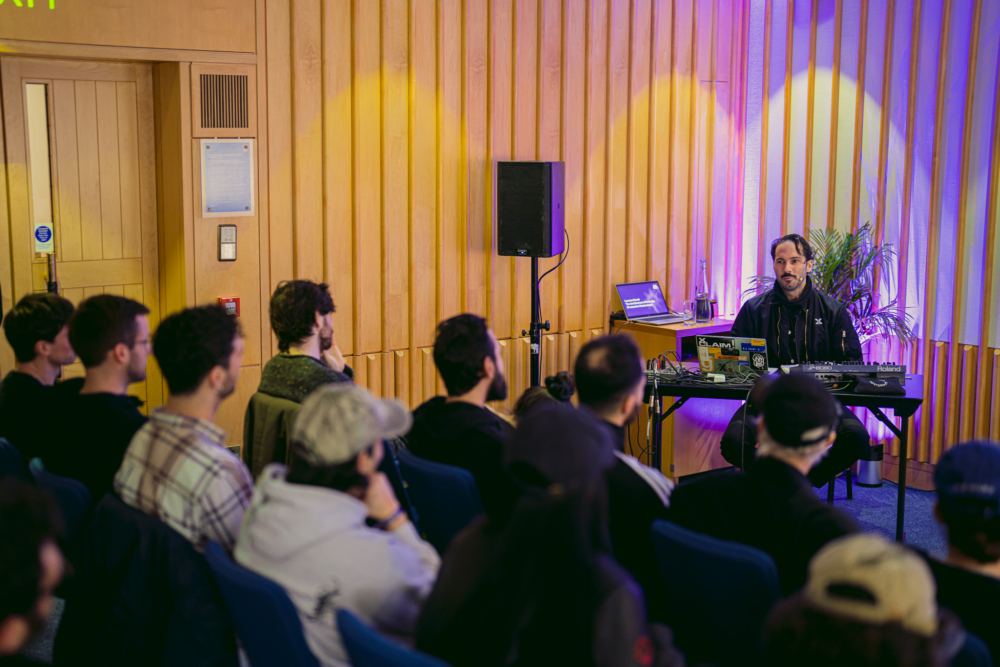
In the following panel, Munroe Bergdorf led a powerful discussion on ‘Re-Queering Dancefloors’ with guest speakers O.Jordan, Jaguar, Tom Rasmussen & Tom Merhtens, urging straight and cisgender artists to collaborate with queer artists and and communities in order to bring visibility and a place to rise for queer artists and performers. Besides this, the importance of civic responsibility is ever-present to make the change and preserve queer culture from capitalistic benefit. This involves showing up to your local LGBTQIA+ spaces, buying drinks at a gay bar, attending festivals, gigs, raves of queer artists and ensuring advocacy is in the heart of all intentions. The panel underscored the necessity of mutual support in preserving queer culture and ensuring safe spaces for everyone. As sober spaces and mutual aid projects rise, the conversation turned to how the community can keep these spaces alive amidst political uncertainty and growing hostility.
FKA Twigs’ session may have been most popular. The 3 PM one saw the entire auditorium filled out, with every attendee fully engaged in the artists’ incredibly airy and inviting presence. The keynote, which was hosted by Nadine Noor (Pxssy Palace), brought a thoughtful perspective on technology and art and an intimate glance into the performer’s intricate mind, and a glimpse of everyday artist life, such as being able to hold an interview shortly after coming off stage performing as an alien being. She shared how it can be a tall order to switch between being an artist and a performer in expression to being a name, a brand that needs to sell and do things according to their contract. FKA Twigs discussed how AI, despite being an intimidating force in the creative industries, is now inextricably tied to the artistic process. The discussion on “deep fake” technology and its potential to redefine artistic identity was eye-opening.
Twigs also spoke on the delicate process of creating art in the age of social media, exploring how artists can maintain authenticity while navigating the pressure of visibility in the digital era. While it is necessary, she expressed an apparent disgust towards technology and how she feels that in today’s day and age, we are mostly caught in a cycle of regurgitation rather than maintaining independent thought and striving to be the world’s biggest thinkers. When discussing her music and going through different phases of all her releases such as her studio album ‘Magdalene’ and ‘Usexua’ and talking in more detail about her songs ‘Drums of Death’, ‘Sticky’ and and ‘Girl Feels Good’, FKA Twigs presented an interesting notion of ‘Kiki & Bouba’ – a phonetic identification of sound that is within the perspective of a the listener. Whilst this has been a linguistic concept for some time, the artist admits that this is something that has been floating around on TikTok for a while. Throughout identifying each song, each moment within a song as ‘Kiki’ or ‘Bouba’ and even identifying herself as more Kiki – we learned that both states can coexist even within a song, a sound or a personality. Further to this, she shared her intentions as a performer to push boundaries in her dance choreography, to move the body in a way that can be somatic, that can be feminine, sexy but also not sexual, finding the right balance that expresses power, meticulousness, expansiveness, and being dynamic.
The afternoon was wrapped up by a presentation and educational masterclass by Point Blank Academy teacher Ski Oakenfull, who cleverly deconstructed and re-constructed Underworld’s famous track ‘Two Months Off’ within a space of just 25 minutes using Ableton Live. For music students, music nerds, and enthusiasts alike, this has been an excellent demonstration of the artistic process within the production of music, the consideration of layers, loops, sampling, the use of synthesizers, and ripping vocals with the incorporation of AI. If this wasn’t educational, this was undoubtedly very cool.
For the Thursday night crew that did not have work on Friday, the evening programme held a mix of live performances and film screenings in partnership with MUBI. The panel featured experts from the film industry, touching on sound and production hosted by Tarsza and featuring the award-winning composer of the blockbuster ‘The Substance’ and ‘Aftersun’ music supervisor Lucy Bright and Naqqash Khalid, who also screened his directed film ‘In Camera’. Meanwhile, Danish singer and producer Erika de Casier opened the show at EartH Hackney with her moving vocals in an intimate performance, followed by Irish rapper Kojaque leading an energetic and powerful show, with Mechatok closing with a live performance.
Friday kicked off with a mix of live panels discussing ‘The Future of Music & Clubbing’ with Emerald Lewis, followed by keynote Interview with Toyin Mustapha and Major League DJz and Gay Times hosting a keynote interview with the rising talent horsegiirl representing for the queer community and reflecting on her journey from artist profile inception to being the most demand artist of the decade, thanks to the relentless support of her community among having a unique artistic expression.
‘Creators in Session: Designing World Class Experiences’, sponsored by ticketing platform EASOL saw a industry-leading panel of experienced professionals, namely Kaz Brown, founder of Dankie Sounds, Dekmantel festival founder Casper Tielrook, artist-booker for Sonar Festival Ikram Bouloum and Trust Recordings label owner, DJ and producer Saoirse and founder of Body Movements queer dance festival. This was an informative and eye-opening, and insightful discussion of all the unique experiences each professional has when producing festivals and creating cultural hubs, and how they integrate AI and VR. Kaz Brown shared that before Dankie Sounds became successful, only starting in 2020, there was a gradual growth that started with just 50 people, mostly supporters such as friends and affiliates showing up and showing support. Eventually, when taking the event to Ibiza and hosting a 3-day 2000-person event with headliners such as Calvin Momo and with Black Coffee jumping behind the decks, there were a lot of challenges to find the right venue and gaining the stamp of approval from Spanish authorities, alongside shipping their own sound systems from the UK. With smaller events like SoulCity that only had a capacity of 300 people and a growing presence on the island, Dankie Sounds is committed to creating access for underrepresented communities in the electronic music space. Brown’s commitment to amplifying Black voices, alongside DJing partnerships and collaborations with global brands like Nike, exemplifies how dance music can be a catalyst for cultural exchange.
Casper Tielrooj, founder of Dekmantel, took the stage next, sharing his journey of starting small and growing into one of the most revered electronic music festivals globally. The importance of building a “healthy ecosystem” with innovation and sustainability was a recurring theme. As the festival moves into new cycles, he emphasized the need to constantly innovate and review, making sure that each year feels fresh. The event’s focus on local artists ensured they had an obvious presence, reserving spaces for local artists to close each stage each evening. Sustainability also shines through, with a growing dedication to creating spaces that are both environmentally and socially responsible.
Ikram Bouloum, artist booker for Sonar, shared insights from the long-running festival, now celebrating its 32nd edition. The event has always been about more than just music—it’s a festival that connects local and international collectives, fosters innovation, and explores the intersections of music and technology. The multidisciplinary approach of Sonar, with its collaborations with universities and researchers, allows for an immersive experience that transcends the boundaries of music. The lineup this year, featuring the likes of Mochakk and Peggy Gou, was described as experimental, showcasing how music can be reimagined and presented in novel ways.

Saoirse shared a compelling look into the creation of London’s leading queer electronic music festival. The discussion underscored Body Movements’ dedication to crafting a safe, accessible, and inclusive space for the LGBTQ+ community. The artist highlighted the importance of ensuring both financial and musical accessibility, creating a protective environment for vulnerable groups through harm reduction and welfare initiatives. By uniting various queer collectives, the event fosters a sense of community and introduces attendees to new artists and dance floors.
The festival balances well-known international acts with emerging talent, focusing on local artists and maintaining a gender balance in its lineup. This approach allows it to educate its audience and promote new voices in the scene.
The festival’s production is characterized by a gritty, DIY aesthetic, blending industrial elements with natural surroundings. Sound and lighting quality are paramount, and the festival collaborates closely with community members to achieve this vision. Saoirse openly discussed the financial challenges faced by the festival, including significant production cost increases that led to a modest ticket price rise. She emphasized the need for transparency and integrity in communicating these changes to attendees. Despite the logistical stress, she noted that the satisfaction of bringing Body Movements to life is immense. The festival’s commitment to accessibility is further demonstrated by its pay-it-forward and low-income ticket options, which contribute to a diverse and vibrant dance floor experience. This approach reflects the event’ core mission: to nurture the queer electronic music scene while prioritizing community, inclusivity, and social responsibility.
Ned Beckett, the founder of LittleBig Agency, imparted his knowledge on effective Talent Discovery and Artist Development alongside Georgia Taglietti (IGNAC / AFEM / Laurent Garnier). Having represented influential figures like Aphex Twin, Ryoji Ikeda, Holly Herndon, and Lorenzo Senni, Beckett has played a pivotal role in shaping careers within the electronic music scene. He elaborated on the processes of identifying talent, elevating artists to new heights, and ensuring long-term success in a constantly changing industry.
Additionally, prominent electronic musician Paul Woolford, also known as Special Request, served as the guest speaker on the ‘No Tags’ podcast. Journalists Chal Ravens and Tom Lea engaged the artist in an open discussion about underground music and pop culture. This session at AVA London was highly anticipated.
Finally, Italian producer Lorenzo Senni contributed to the programme by presenting a revised version of his masterclass titled ‘The Architecture of Intensity,’ focusing on his production techniques using Logic. Known for deconstructing the climactic build-ups and vibrant synthesizer arpeggios characteristic of ’90s trance and hard techno, as well as incorporating hardcore punk influences into his work, he emphasized the use of repetition and isolation in his production methods.
Techno pioneer Marcel Dettmann participated in the club and conference programme by conducting a keynote interview with emerging DJ and panelist Vanessa Maria regarding his latest live project, My Own Shadow.
The ‘Kneecap – Managing Mayhem and Breaking the Fourth Wall’ panel discussion featured Dan Lambert, manager of Kneecap, alongside the film’s director, Rich Peppiatt, and its producer. This candid conversation offered unfiltered insights into the challenges and triumphs of managing the explosive Irish rap duo and bringing their story to the big screen.
The session was marked by its raw and direct nature, making it both enjoyable and humorous. Rich Peppiatt shared his experiences directing the boisterous group, highlighting the importance of immersing himself in Irish culture and language. He discussed the difficulties in assembling an all-Irish production team and the tough decisions made during editing, including cutting the film down from its original 2-hour and 40-minute runtime. The process of choosing which scenes to cut, often referred to as “killing babies,” was particularly challenging.
Dan Lambert recounted the serendipitous pub meeting that led to his involvement with Kneecap and described the whirlwind of managing the band’s rising fame while simultaneously promoting the film. The panel provided a unique glimpse into the intersection of music management and filmmaking, showcasing the energy and cultural significance of their journey.
The discussion underscored the film’s role in revitalizing Irish heritage in contemporary music and culture, while also highlighting the logistical challenges of balancing the band’s touring commitments with film promotion activities. The unfiltered and honest dialogue made the session not only informative but also entertaining, offering attendees a genuine and humorous look into the world of Kneecap.
The evening session concluded at Here at The Outernet with an extraordinary audio-visual experience delivered by the renowned Japanese experimental artist, Ryoji Ikeda and a live performance by Marcell Dettman.
Ikeda’s performance on the underground grand stage was nothing short of mind-bending. The space was transformed by monochromatic, rapidly-moving visual projections that seemed to defy the limits of perception. Accompanying these visuals was an auditory landscape filled with unique, often unclassifiable sounds. Attendees were immersed in a world of unfamiliar tones, frequencies, and high-pitched noises that challenged conventional definitions of music.
This intense and jarring performance served as a fitting finale to a conference that had consistently emphasized innovation and experimentation. Ikeda’s work exemplified the spirit of AVA London, demonstrating how artists can push the boundaries of sound and vision to create experiences that transcend traditional categorizations.
Following this incredibly intense brain-flossing, Marcel Dettmann, the acclaimed techno innovator and Berghain fixture, unveiled his ground-breaking live project My Own Shadow. This performance showcased a stripped-back, raw aesthetic, blending shadowy textures with mesmerizing loops and an introspective ambiance. Dettmann’s performance style for this project was fluid and organic, avoiding pre-set arrangements in favor of an evolving, spontaneous set. He crafted a distinctive and engrossing experience by incorporating modular sounds, field recordings, and real-time processing. This new venture demonstrated the artist’s artistic range, diverging from his usual DJ sets while still maintaining the dark, intense atmosphere he’s renowned for. My Own Shadow aimed to push the boundaries of sonic exploration, reflecting his continued evolution as an electronic music pioneer.
All things considered, the AVA London Conference was a success and offered a diverse, relevant, forward-thinking, and if not an educational, then definitely fascinating conference, and was an excellent networking event for students, enthusiasts, music lovers, and industry professionals. It would be said with confidence that you walk away learning something new or discovering a new artist or having a new perspective and understanding on the intricacies that lie in the deep and ever-expanding world of electronic music.


